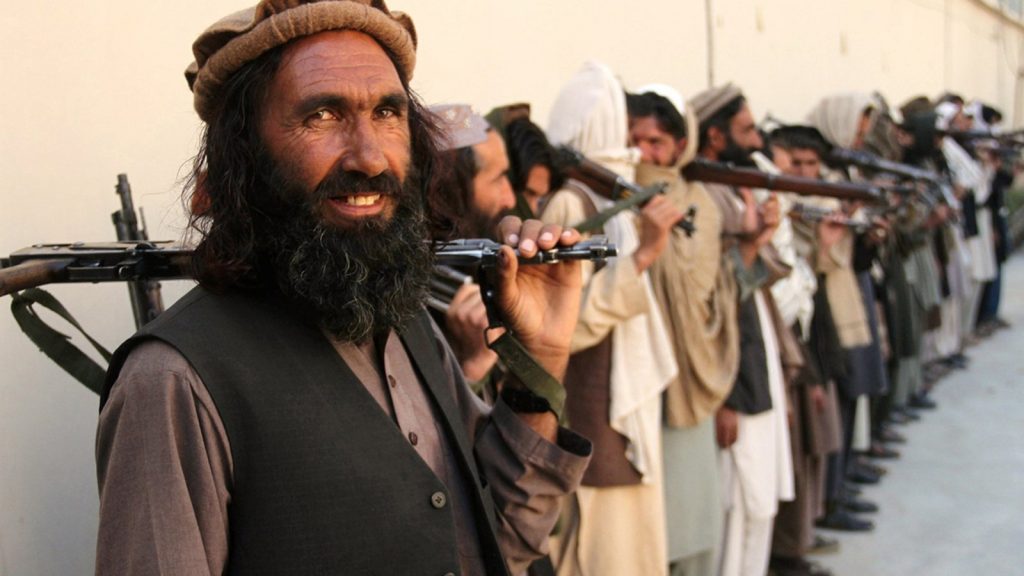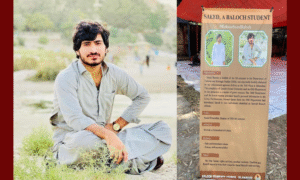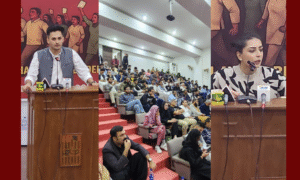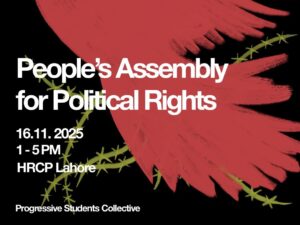Ehtesham Hassan
As Kabul fell to Taliban on August 15 2021, there were overt and covert celebrations across Pakistan. Almost all sections of Pakistani society took this as a positive development and considered it as a victory of Islam over infidels. One wonders why despite knowing the brutalities of Taliban, Pakistanis want a primitive, brutal government for their neighbours? This article attempts to find reasons behind Taliban sympathy among common Pakistanis.
In her 2018 book “Political Tribes” American political scientist Amy Chua argues that humans have been living in tribes for thousands of years. Tribes define humans, their lifestyle, history and politics. It has become our instinct to live in tribes. Modern human societies have evolved much but tribal instinct is still there and is very strong. When humans feel endangered they retreat to tribalism. They become defensive and insular. They are ready to die and kill for their tribes. If today’s politics is dissected and decoded one finds deep tribal rivalries and affiliations which define the world’s most key issues including Afghanistan.
Pakistan is a Muslim majority country with most of the population being Sunni Muslims. Muslims has a past. A glorious past which they always remember and yearn to return to. They ruled the sub-continent for almost a millennium which ended with British rule. In the 21st century, Muslim world is deeply divided, fragmented and underdeveloped. Muslims feel a sense of inferiority and jealousy towards the west. They do not see any Muslim political force competing West. Taliban seem such a political and religious force to these Muslims. Pakistanis consider the Taliban as saviours of Islam and Sharia in face of efforts by non-muslims to demonize Islam. This is one reason why Muslims in general and Pakistanis in specific support the Taliban.
The United States itself is also a chief culprit in creating a mindset that supports religious fighters. Idea of Jihad in Afghanistan is old but in modern times this idea was fueled and financed by the United States after the Soviet invasion in 1979. United States along with Saudi Arabia and Pakistan created seminaries and training camps for Mujahideen to fight the Soviet army. President Jimmy Carter called Mujahideen peaceful Islamic freedom fighters. Billions of dollars were spent on propaganda to counter communism in the region. Pakistani media and curriculum glorified Islamic freedom fighters with beards and turbans. This also appealed to the Muslim masses of the country. This propaganda was very deep and it’s still effective but to the detriment of the United States.
There’s also a sectarian and less known perspective to the issue in discussion. Pakistan’s majority population is Sunni. Deobandi sub-sect of the Sunni school of thought is mostly practised by Pashtuns on both sides of the Durand Line. Due to prevalent sectarian strife, there’s an internal hatred between Pakistani Muslims. Afghan Taliban were all trained and brainwashed by Deobandi seminaries in Pakistan. Afghan Taliban follow Deobandi and Wahabi interpretation of Islam. Majority of Deobandis in Pakistan see this as a sectarian dominance and victory. It is very clear that the Taliban massacred Hazara Shias therefore they fled to Pakistan where they were again massacred by the Pakistani Taliban. Whenever a Deobandi no matter how much educated sees the Taliban he sympathizes with them from a sectarian aspect.
There are some factions of society that see the Taliban as Anti-American fighters. Brutalities of United States throughout the world especially in Muslim majority countries fuel anti-American hatred among Muslims across the world and in Pakistan. In the 21st century, the Taliban are the only force that has given tough time to United States. Pakistani Taliban supporters see the group as an anti-imperialist force working to save the Muslim world from American aggression.
After the fall of Soviets in 1991, Pakistan helped Mujahideen enter occupied Kashmir and start a new wave of insurgency. Due to state’s powerful propaganda against India especially on Kashmir, Mujahideen were seen by Pakistanis as fighters of Islam destroying all anti-Islam forces including India , Soviet Union and later United States.On question of Kashmir most educated Pakistanis also supported Mujahideen and later Taliban which made sense to them. Indian government’s friendship with the government in Kabul increased animosity and so increased Pakistani support for the Taliban.
There are multiple factors that contribute to the mindset in common Pakistanis that there should be Sharia government in Afghanistan. Any government imposed on people without their will is illegitimate. Taliban are a militant hard-line fundamentalist group having no sympathy for women children and minorities. Supporting such government is injustice and animosity with people of Afghanistan who have already suffered much from war.It is states’ responsibility to counter such mindset but unfortunately, Pakistani state has more interest in creating Taliban sympathy than creating a democratic culture. A democratic state should not support the government of a militant barbaric group.
The Students’ Herald News Desk focuses on reporting the latest news regarding student politics and campus updates to you.
The News Desk can be reached at admin@thestudentsherald.com




